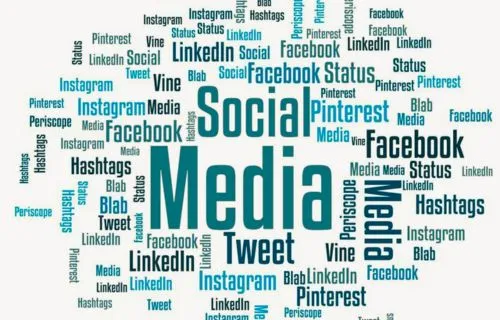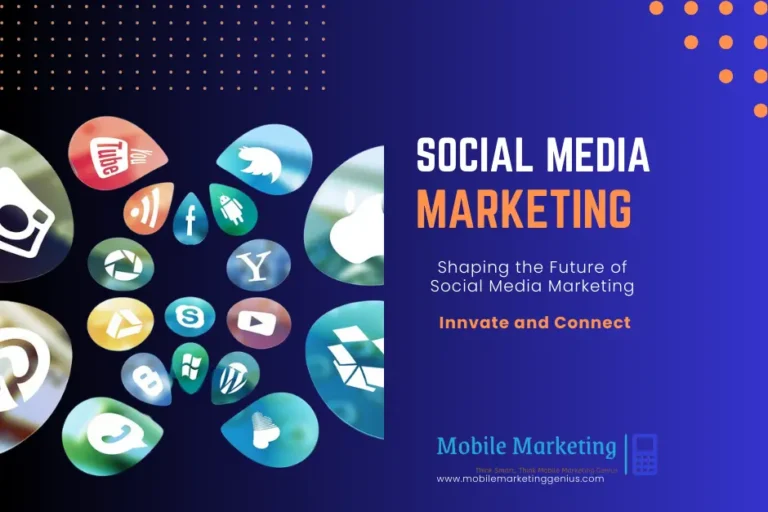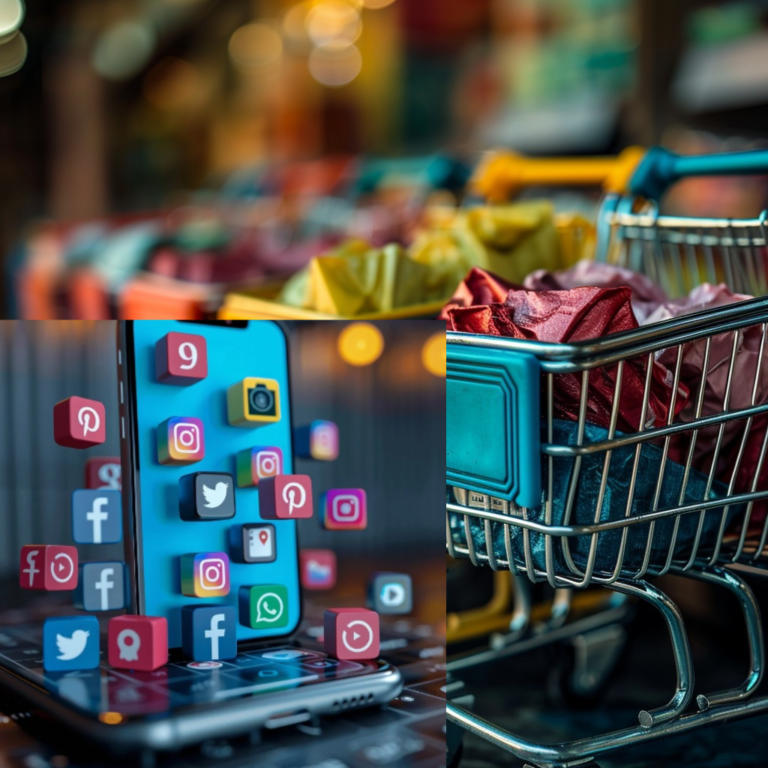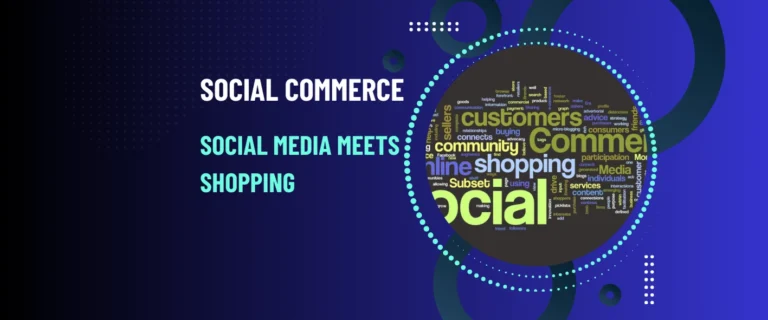Mastering AI-Driven Social Media Branding : Proven Strategies, Insights, and Trends
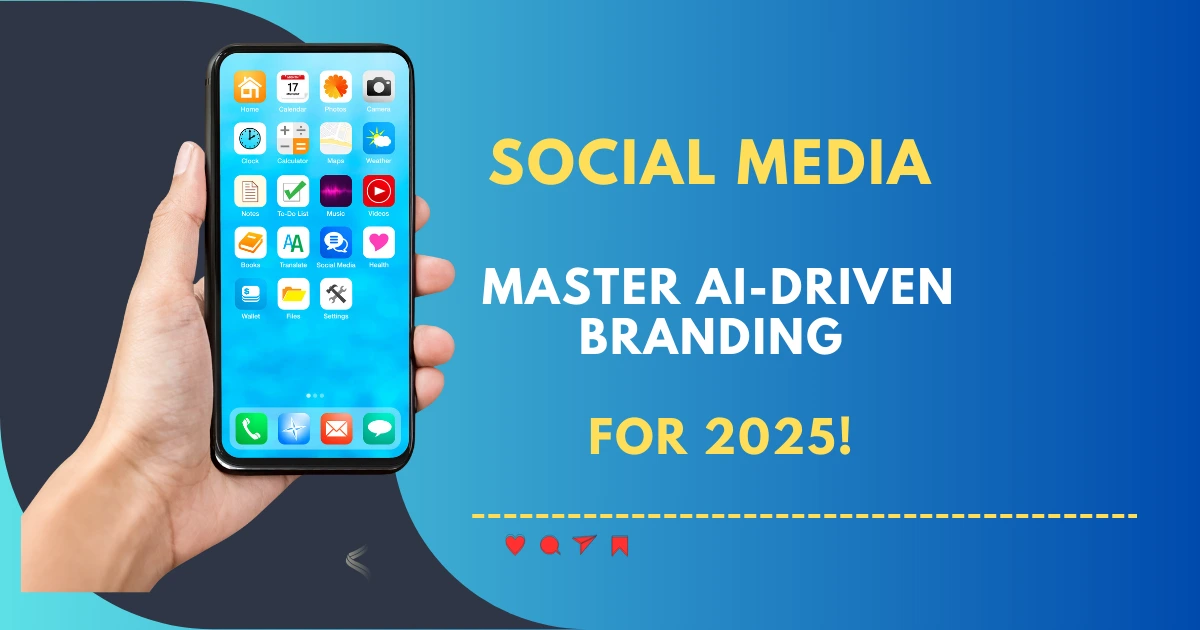
Social media has evolved from a simple communication tool into a powerful platform for businesses to build their brands, connect with audiences, and drive growth. As we approach 2025, artificial intelligence (AI) is at the forefront of this transformation, reshaping how brands approach marketing on platforms like Instagram, X (formerly Twitter), and TikTok.
AI-driven social media branding enables marketers to streamline content creation, optimize ad campaigns, and deliver hyper-personalized user experiences. Tools like predictive analytics and AI-driven design platforms are helping businesses enhance efficiency and engagement at scale. However, while technology offers impressive capabilities, the human touch remains irreplaceable. Storytelling, emotional resonance, and authenticity are the cornerstones of successful branding that AI alone cannot replicate.
This article explores the latest trends in AI-enhanced branding, key challenges businesses face, and actionable strategies for seamlessly blending technology and creativity. Get ready to discover how to harness the full potential of AI while preserving the essential human elements that make a brand truly resonate.
Table of Contents
The Evolution of Social Media Branding
Social media branding has undergone a dramatic transformation. In its early days, businesses relied heavily on organic content and one-size-fits-all strategies to connect with their audiences. Over time, algorithmic changes have shifted the focus to paid ads and personalized content. AI now leads the way in making these approaches more targeted and effective.

India leads in AI adoption for marketing, with Europe showing comparatively lower rates, highlighting regional differences in technological integration (Source: Statista)
AI tools like chatbots, automation platforms, and analytics software have enabled brands to analyze massive datasets in real-time. This allows for more precise targeting, ensuring the right content reaches the right audience at the right time. For example, predictive analytics helps identify trends before they gain momentum, giving businesses a competitive edge.
Yet, as technology advances, the need for differentiation grows. AI provides the tools for efficiency, but standing out requires creativity and a deep understanding of audience needs. This balance is what defines successful branding in 2025.

Key Trends in AI-Powered Social Media Branding
As AI integration becomes the norm, several trends are shaping the future of social media branding:
- Content Automation and Personalization: AI platforms like Canva AI and Jasper are automating the creative process, enabling marketers to produce tailored content quickly and efficiently. These tools ensure that campaigns resonate with individual user preferences and behaviors.
- Real-Time Analytics: AI-powered tools analyze user interactions as they happen, offering actionable insights that allow brands to adapt campaigns on the fly. This responsiveness leads to higher engagement rates and optimized results.
- Hyper-Personalized Experiences: With AI’s ability to segment audiences based on granular data, brands can deliver content that feels uniquely tailored to each user. For instance, an e-commerce company might recommend products based on past purchases or browsing history.
- AI in Influencer Marketing: AI is transforming influencer campaigns by identifying authentic influencers who align with a brand’s values and audience. Predictive tools also assess the potential ROI of collaborations, ensuring effective partnerships.
While these trends highlight AI’s power, integrating them with human creativity will be key to building meaningful and impactful campaigns.

The Role of Paid Ads in AI-Enhanced Branding
Paid advertising continues to be a cornerstone of social media strategies, and AI is taking its effectiveness to new heights. Platforms like Meta Ads Manager and Google Ads now leverage AI to deliver highly targeted campaigns that maximize return on investment (ROI).
AI excels in audience segmentation, allowing brands to focus on users most likely to convert. For instance, a fitness brand could target users interested in wellness trends, increasing the likelihood of engagement. Additionally, AI tools can identify underperforming ads and automatically reallocate budgets to optimize campaign performance.
However, while AI improves efficiency, successful ads also require a personal touch. Combining data-driven insights with emotionally compelling narratives ensures campaigns are both effective and memorable.

What AI Can’t Replace: The Human Element
Despite its capabilities, AI cannot replicate the depth of human creativity and emotional connection. Brands that stand out often do so through authenticity—storytelling that resonates on a personal level and builds trust.
AI tools are exceptional at identifying trends and generating content, but they struggle with creating entirely original ideas that break through the noise. Viral moments or deeply emotional campaigns are almost always the result of human insight and intuition. Moreover, consumers value the human touch in interactions, from personalized responses to empathetic messaging during crises.
To thrive in 2025, brands must recognize the limits of automation and invest in cultivating the human elements that make their stories unique and relatable.

Over 50% of marketers view AI as having a positive impact, showcasing strong optimism about its role in transforming marketing practices ( Source: Institut de l’IA en Marketing)
Challenges and Ethical Considerations in AI Branding
While AI offers transformative benefits, it also introduces challenges and ethical dilemmas. One major concern is data privacy. With AI heavily reliant on user data, brands must ensure compliance with regulations like GDPR and CCPA to maintain trust.
Bias in AI algorithms is another pressing issue. Since AI learns from historical data, it can unintentionally perpetuate stereotypes or exclude certain demographics. For example, an algorithm might prioritize audiences based solely on past performance, overlooking untapped opportunities.
Transparency is equally critical. Audiences are becoming more aware of AI-generated content, and over-reliance on automation can erode trust. To address these challenges, brands should audit AI systems regularly, prioritize ethical practices, and clearly communicate how AI is being used in their campaigns.
Actionable Strategies for AI-Driven Social Media Branding
To effectively implement AI in branding, businesses can follow these strategies:
- Leverage the Right Tools: Use platforms like Sprinklr for social media management, Jasper for content creation, and Google Ads for campaign optimization. Tailor these tools to fit specific branding goals.
- Build AI-Human Collaboration: Train teams to work alongside AI, using its insights to inform creative decisions. For instance, AI can analyze audience sentiment, while marketers craft narratives that resonate emotionally.
- Focus on Personalization: Segment audiences based on real-time data to deliver highly relevant content. For example, a travel company might send destination recommendations based on a user’s previous searches.
- Measure and Refine Campaigns: Use AI analytics to track engagement, conversions, and ROI. Continuously refine strategies based on performance metrics.
- Maintain Ethical Standards: Ensure transparency in how AI is used, respect user privacy, and regularly audit systems to prevent biases.
By combining these strategies, brands can harness the power of AI while maintaining authenticity and ethical integrity.
Conclusion
In 2025, AI is revolutionizing how brands approach social media marketing, enabling efficiency, personalization, and innovation. However, technology alone is not enough. The most successful brands will blend AI capabilities with the irreplaceable qualities of human creativity and authenticity.
By embracing emerging trends, addressing ethical challenges, and implementing actionable strategies, businesses can position themselves as leaders in the digital landscape. The future of branding lies in the seamless integration of technology and humanity—creating campaigns that are both impactful and meaningful. Now is the time to master AI-driven social media branding and shape the future of marketing.

